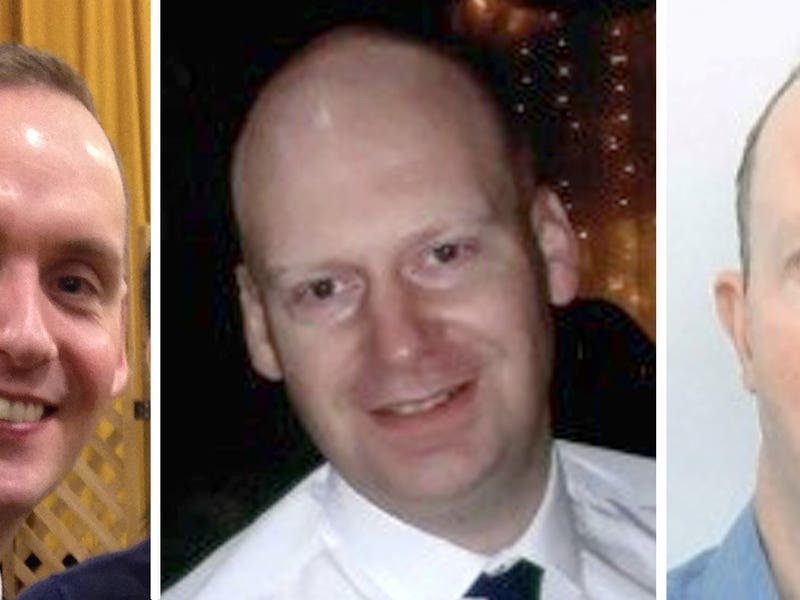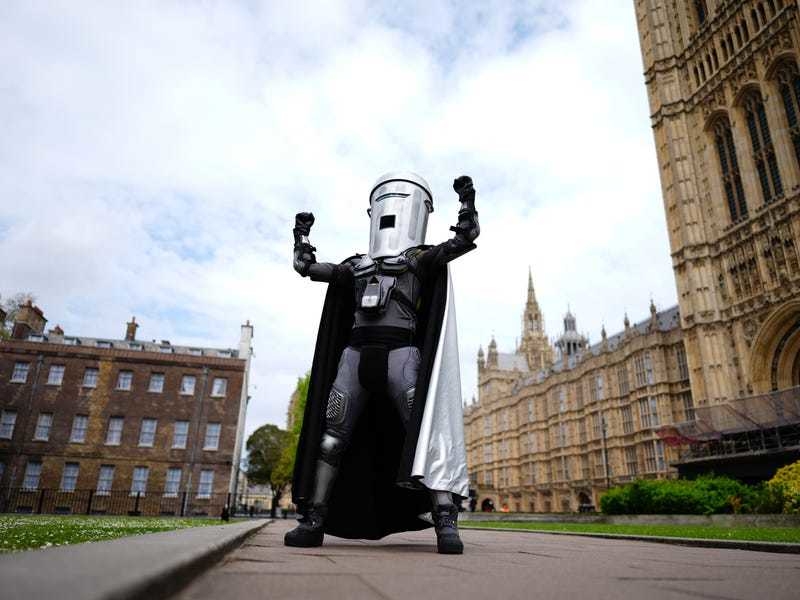DURING his eventful and really rather odd career as an ‘immersion journalist’, A J Jacobs has got himself into some pretty strange situations.
There was the ‘year of living biblically’, for example, during which he endeavoured to become the most religious man in New York City. Having made an enormous list of every law laid down in both the Old and New Testaments, he spent 12 months abiding by them to the letter. He didn’t cut the corners of his beard (resulting in a look resembling ‘Ted Kaczynski at the height of his bomb-making prowess’), he threw stones at adulterers, he marked each month by blowing a ram’s horn in the streets of uptown Manhattan.
And when he was done, he had some genuinely valuable insights to share.
The same goes for the 18 months he spent reading the Encyclopaedia Britannica cover to cover, or the time he outsourced his entire life to India (from food shopping and emails to arguing with his wife and reading to the kids), or even his attempts to live by the tenets of ‘radical honesty’ (his essay on that, by the way – ‘I think you’re fat’ – is well worth a read).
The point is that, while his work may not be for everyone, there are always interesting lessons to be learned from it – and his current project is no exception. In fact, it’s one that I’ve thought about a lot in recent weeks, as we in Jersey are beginning to see another government wrestle with issues like population and Brexit.
For some years now, Jacobs has
been engaged in the process of building
a family tree for the whole of
humanity.
Uniting researchers and scientists across the planet, he has orchestrated a project that, so far, has seen 200 million people of all nationalities and ethnicities submit their genealogical information (and often DNA) to what has already become the world’s largest family tree.
The idea is to grow it to the ultimate point, whereby all of mankind is involved in this massive, sprawling mission to map the points of our common ancestry.
Insane? Yes, it probably is, and as with many of Jacobs’ projects, it has had its share of derision. And yet I, for one, find it immensely comforting to know that so many people have been motivated to take part in something like this.
You’d have to have had your head wedged firmly in a dark, noiseless place not to have noticed the rise in tribalism and populism in pretty much every corner of the world during the past few years. Some of us are shaken by it, others are stirred, but there is certainly no denying that it’s happening.
Them and Us are the two camps into which so many highly manipulative politicians and activists are attempting to divide people – and it can only end badly. Even the most cursory glance at history is enough to put that beyond doubt.
And so, as deranged and palpably unachievable as it would appear to be, Jacobs’ attempt to string us all together in one metaphorical cut-out of human beginnings is something to be welcomed. And I don’t just mean for the obvious reason that, beneath skin colour, language, culture and so on, we’re all just human beings. (Although that clearly is something people need to be reminded of more often than you’d think.)
There’s another, arguably more urgent, reason to look kindly on the sort of work that intellectual outliers like Jacobs are doing: there is huge benefit in opening up your thinking and being willing, in the pursuit of the greatest happiness for the greatest number, to expose yourself to ridicule and unpopularity.
This is why I’m deciding to believe that it was a glimmer of bold, broad-canvas thinking that I witnessed last week, when our current government set out its stall of strategic priorities.
These kinds of high-level documents can always be read as meaningless platitudes. Of course they can. Because on the face of it, aspirations like putting children first or protecting the environment do seem a little facile – after all, only a psychopath would roll out the reverse priorities of ‘putting children last’ or ‘destroying the environment’.
But that isn’t really the point, is it? Every government needs to have something to shoot for. These aren’t just fortune-cookie clichés, they’re heartfelt ambitions, stars to steer by.
The business of how it all gets done will reveal itself over the coming months, and no doubt there will be plenty to say about that.
But for the time being, let’s admire the sentiment behind it and the seemingly genuine belief and enthusiasm among a good number of ministers that it can and will get done.
The time to give people a slap (or a nudge, if you prefer) is when they’re reneging on their promises, not when they’re making them.






